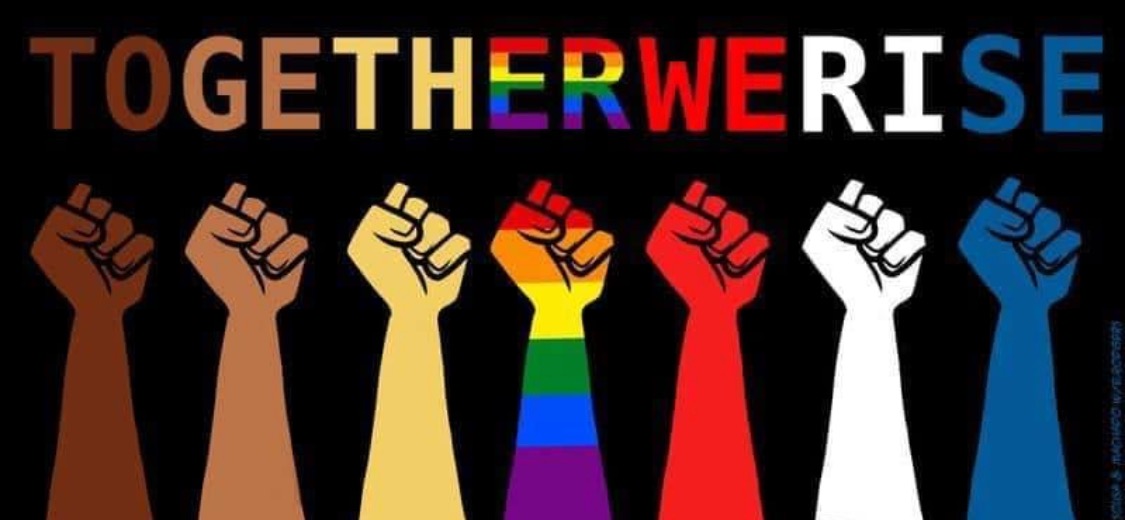Since this is my first article for June, which is celebrated as PRIDE month, I want to share the story of a gay black woman.
Staceyann Chin grew up, as the title of her memoir tells us, on The Other Side of Paradise. She grew up on the impoverished side of Jamaica opposite the beaches and resorts and paradise enjoyed by tourists. That in itself was enough to give Chin a difficult childhood, but to compound that, she was never claimed by her father and was neglected by her mother. And she was gay. To be gay in Jamaica is literally to be in fear for your life—to be verbally and physically abused relentlessly, even to face death at the hands of vigilante groups unhindered by police. Chin made the decision that she would live as an out lesbian, and the only way to guarantee that she would stay alive to do it, was to come to the U.S.
You might assume that even with all of our anti-LGBTQ laws and discriminatory practices, the U.S. still offered a much better life for Chin. You would be right. But here is the part of her story that issues a stinging wake-up call. In her own words, Chin found it “almost as problematic to be black in America as to be gay in Jamaica.” Call her over- reactive. Divide her assessment by two. Remind me that we have had a black president. It’s still appalling.
Our nation is still reeling from the killings of Ahmaud Arbery and George Floyd. People of faith must step into the widening breaches and become bridges to understanding between communities. And it’s not only a black and white issue. While our attention is understandably focused in that direction right now, we can’t forget all the other breaches that need our attention. Hundreds of children continue to be separated from their parents along the U.S. and Mexican border. Thousands of refugees from Guatemala and other Central American countries, who make the harrowing trip north fleeing life-threatening conditions in their own countries, are being detained and deported without fair hearings. U.S. citizens in brown bodies are also the targets of racial profiling; and they are being stopped while driving, walking, shopping, and working and being told to present proof of citizenship or risk being arrested.
You’d be surprised by how often people ask me the question, “Why address racism in a church setting? There are plenty of other topics more suited to pursuing at church.” I answer by saying that I think it makes perfect sense for efforts at healing any kind of “ism” to reside in the faith community. By anchoring them in our Christian faith community, we provide them with an absolutely necessary ingredient: the desire to love each other as Christ first loved us. Efforts at healing “isms” may find a start and even achieve some momentum within the realm of politics or society at large. But by placing this work in the church, we ground our human efforts in prayer, allow ourselves to be inspired by the Holy Spirit, and invite God to guide our steps.
If you find yourself overwhelmed by current events; if you understand that Black Lives Matter but you just need a break; if you’re dealing with COVID and quarantines and can’t contemplate racism right now; if you or your loved ones are battling cancer, chronic illness, chronic pain, addiction or any number of other things; please take the breaks you need. Please turn your attention where it’s required. Attend your meetings, see your therapist, check in with your doctor or pastor or spiritual advisor. Step out of the fray. And pray. Rest. Heal. Then please, step back in. When you do, someone else can rest.
I believe the tide may actually be ready to turn. It will take a mighty and concerted effort to turn it and sustain it, but we must try. One day the children will ask us, “What did you do in the summer of 2020 while people of color were dying?” Friends, we are writing our answers right now.
May God Bless You and Keep You,







